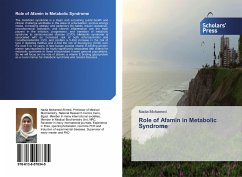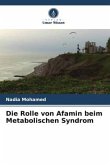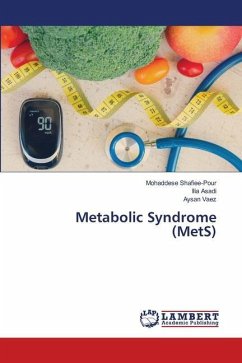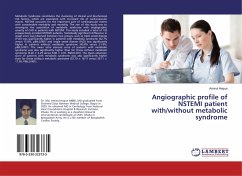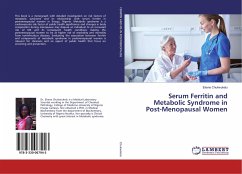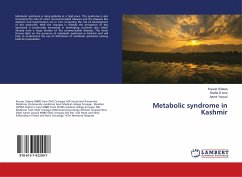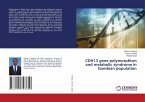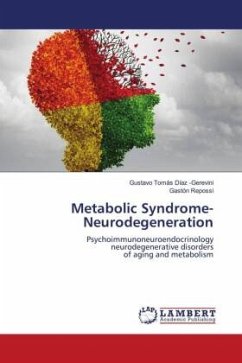The metabolic syndrome is a major and escalating public-health and clinical challenge worldwide in the wake of urbanization, surplus energy intake, increasing obesity, and sedentary life habits. Insulin resistance, neurohormonal activation, and chronic inflammation are the main players in the initiation, progression, and transition of metabolic syndrome to cardiovascular disease (CVD). Metabolic syndrome is associated with an increased risk of both atherosclerotic and nonatherosclerotic CVD, and confers a 5-fold increase in the risk of type 2 diabetes mellitus and 2-fold the risk of developing (CVD) over the next 5 to 10 years. A new human plasma vitamin E-binding protein afamin was reported to be highly significantly associated with criteria for metabolic syndrome in three independent human general populations. So we will focus on the role of afamin; a vitamin E binding glycoprotein as a novel marker for metabolic syndrome and related diseases

